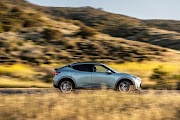TGR Staff - 12/23/2022
Kit cars, also known as component cars or replica cars, are vehicles that are sold in kit form and assembled by the owner. They are typically replicas of classic or exotic sports cars and are often made with a combination of new and used parts.
The concept of build-it-yourself cars dates back to the early 19th century when Thomas Hyler-White produced and sold a design for a car in a magazine called The English Mechanic. With each issue of The English Mechanic, readers would get the next step of the plan to build their very own two-passenger car at home. By the early 1900s, mail-order cycle cars were a novelty, and cars like The Lad's Car was sold as turn-key or as a kit, for those really looking to save, the company would send you instructions on how to build your own Lad Car from scratch.
While car enthusiasts have been building custom bodies for their cars since the invention of cars, what we think of as the kit car really didn't exist until the commercial adoption of fiberglass in the early 1950s. These early kit cars were often based on popular models from established automakers and were sold through mail-order catalogs or advertised in magazines.
Fiberfab was founded in 1964 by Vince Gardner, who was an aviation engineer and a car enthusiast. The company was based in Santa Clara, California, and its kits were sold throughout the United States and internationally. Fiberfab was known for its sports car replicas like the Valkyrie and Avenger which mimicked the style of LeMans race cars. The company today is still around today providing parts to its loyal fans. 1964 was also the year that Bruce Meyers built his first Meyers Manx dune buggy, a vehicle that would become a symbol of the 60s and 70s. The Manx was on the cover of Hot Rod Magazine, won the 1967 Mexican 1000, and was driven by Steve McQueen in the Thomas Crown Affair, making it one of the most notable and popular kit cars ever produced. In fact, the company is so popular they are still in production to this day and launched an all-new EV model.
Companies like Bradley Automotive and Sterling Sports Cars came to the scene in the1970s with their popular Volkswagen Beetle-based sports car kits. They offered exotic features like gullwing doors and wings, emulating the style of the then-new Lamborghini Countach and Ferrari 365 GT/4 BB at a fraction of the cost. In the 1970s and 1980s, the kit car industry experienced a boom, as advances in technology made it easier to produce high-quality kits and components. Soon companies were popping up offered kits for inexpensive chassis like the Volkswagen Beetle or Ford Pinto transforming them into "replicas" of classic European sports cars like the Jaguar XK120 and Porsche 356.
Today, the kit car industry is still a niche market, with a small but dedicated group of enthusiasts who build and drive their own vehicles. While there are still relatively affordable kit cars for the at-home builder, most kit car manufacturers replicas of classic sports cars which can easily cost well over six figures. Some popular kit car models include the Shelby Cobra, Porsche 356, 1930s Ford Street Rods, and the Lotus 7, which several companies still produce kits of this original design to this day.
Some kits are no longer in production due to auto manufacturers taking legal action against kit car makers if they feel that the kit car infringes on their intellectual property rights or unfairly competes with their products. Auto manufacturers argue that the kit car maker is infringing on their patents, trademarks, or copyrights. In some cases, auto manufacturers may also sue kit car makers if they feel that the kit car is unfairly competing with their products by offering a similar product at a lower price. This can be particularly true if the kit car is of lower quality than the auto manufacturer's vehicles and could potentially damage their reputation.
If you are looking for a Kit Car be sure to check out our list of Currently Available Kit Car Manufacturers, we update it often so please be sure to send us your favorite kit car if you don't see it on the list.

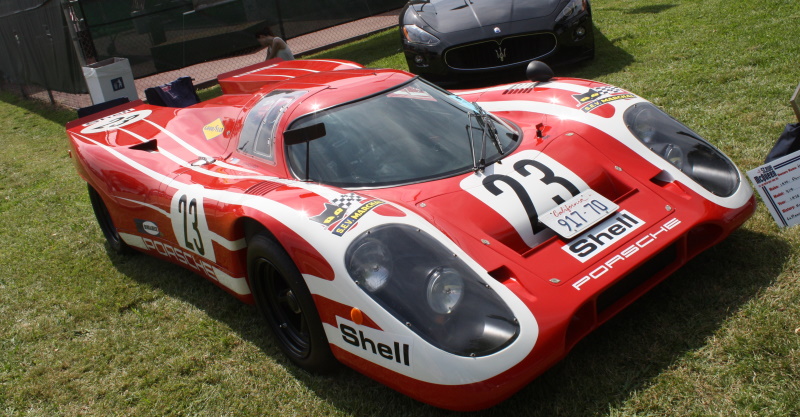
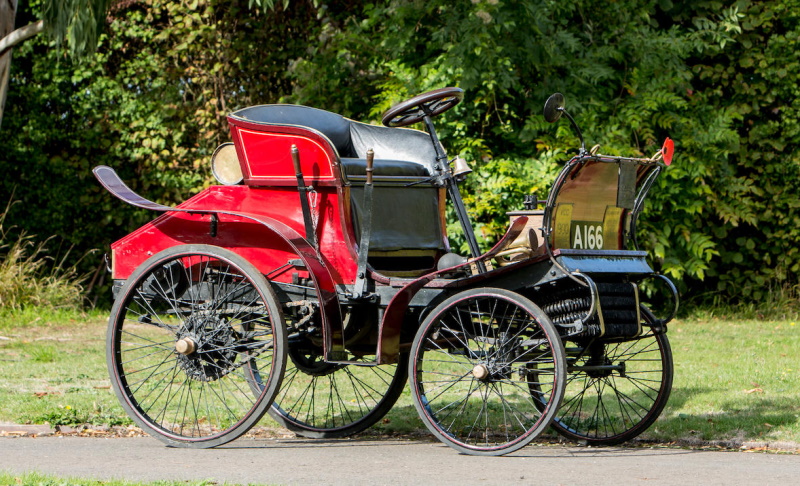
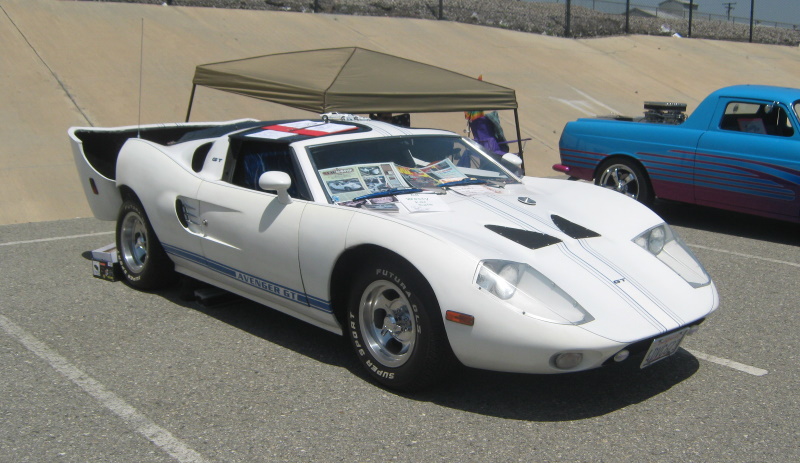
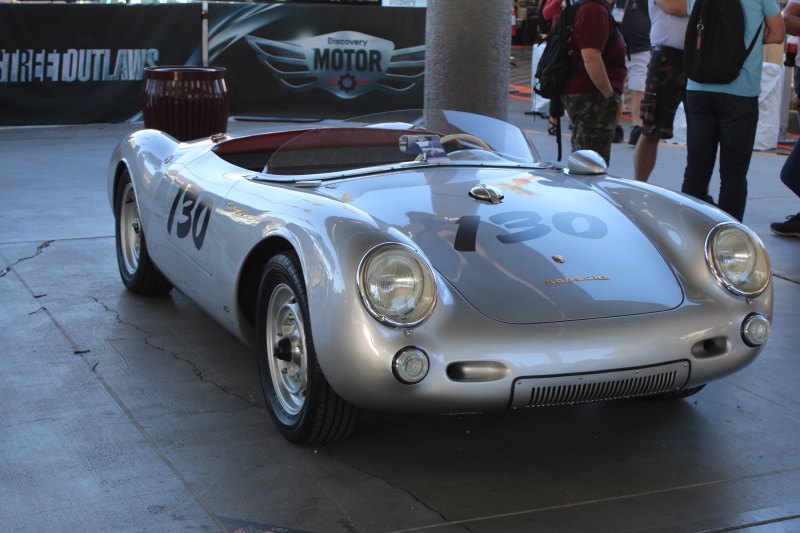
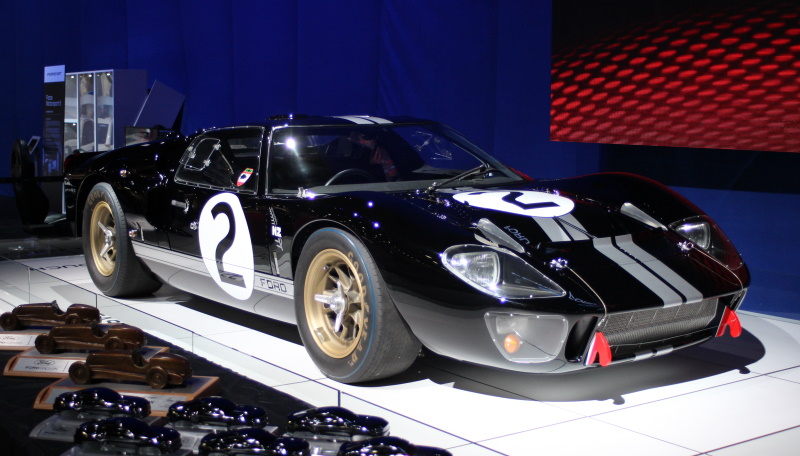

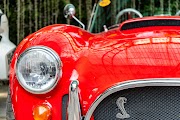
_websize.jpg)







